- Our Firm
- Our People
- Practice Areas
- News
- Careers
- Contact Us
- Notarial Services
Director, Head of Litigation
Senior Accredited Specialist, Maritime and Shipping Law
Fellow, the Chartered Institute of Arbitrators
Tel: +65 6505 3418
John.Seow@incisivelaw.com
John’s engineering background provides him with a distinct competence when dealing with briefs that are highly technical in nature. As such, he has a particular interest and expertise in wet shipping work. Given his background, John is regularly instructed on matters such as collision and salvage, ship repair and construction, engine related claims, marine insurance matters and general average. His clientele includes shipyards, Japanese MNCs, shipowners, charterers, P&I Clubs and H&M insurers as well as some of the world’s leading and preeminent oil & gas and oilfield support service companies.
John also has a vibrant practice with extensive experience in advisory and advocacy work in commercial litigation and arbitration. In particular, he has advised and appeared as counsel in sale of goods disputes across international borders covering commodities such as oil, coal, iron ore and grains as well as trade finance matters. He regularly represents international oil and commodities traders and trading houses in such disputes.
In addition to his work as counsel, John has been appointed as arbitrator across a range of institutional and ad hoc arbitration cases.
He has been recognised by Best Lawyers 2022, 2023 and 2024 in the area of Shipping and Maritime Law.
LLB (Hons), University of London
Member, Law Society of Singapore
Member, Singapore Academy of Law
Member, Singapore Chamber of Maritime Arbitration
English
Mandarin (Basic)
